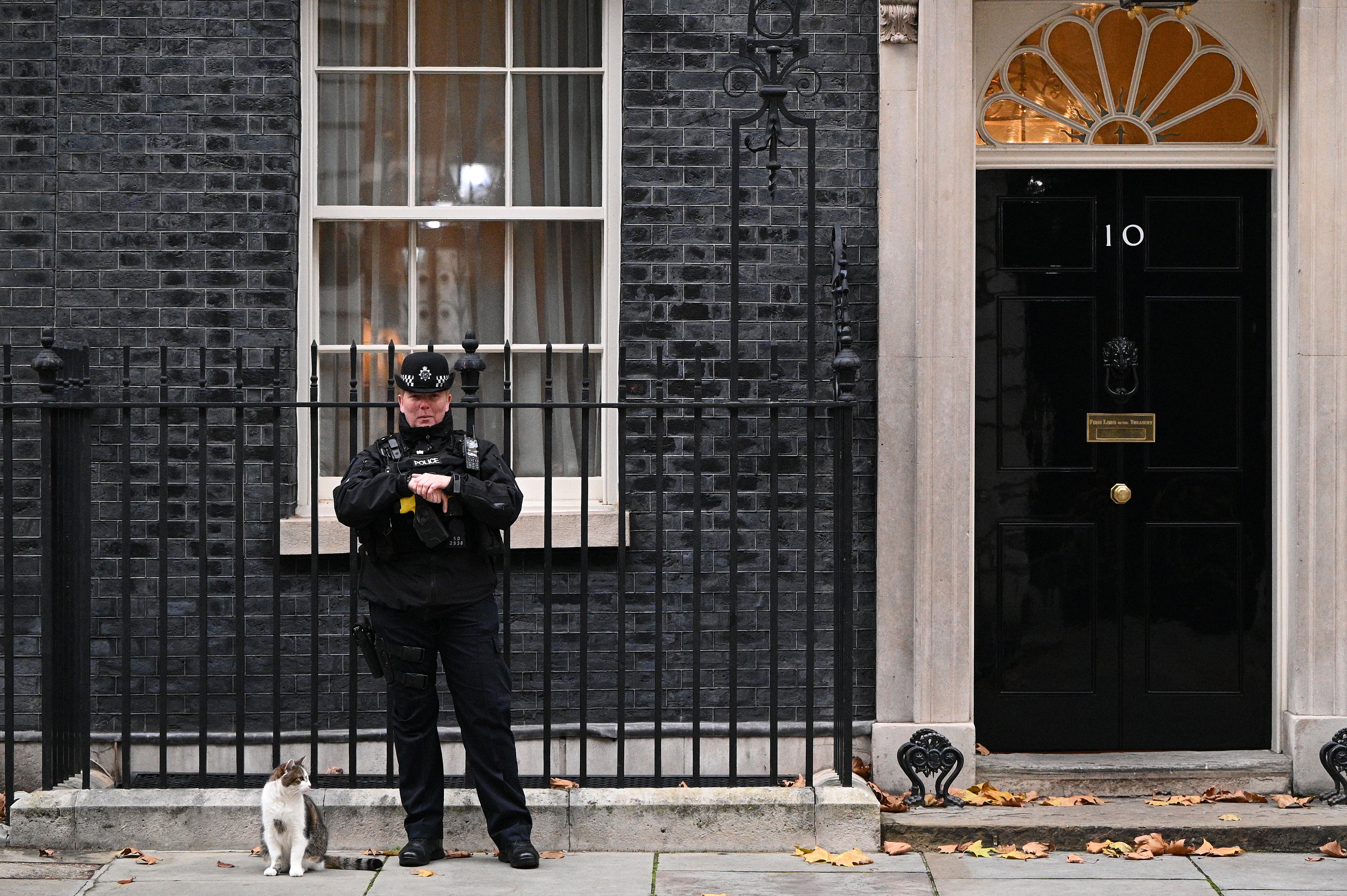Britain set to sign free-trade agreement with Turkey
Trade between the two countries totals £19 billion annually

Your support helps us to tell the story
From reproductive rights to climate change to Big Tech, The Independent is on the ground when the story is developing. Whether it's investigating the financials of Elon Musk's pro-Trump PAC or producing our latest documentary, 'The A Word', which shines a light on the American women fighting for reproductive rights, we know how important it is to parse out the facts from the messaging.
At such a critical moment in US history, we need reporters on the ground. Your donation allows us to keep sending journalists to speak to both sides of the story.
The Independent is trusted by Americans across the entire political spectrum. And unlike many other quality news outlets, we choose not to lock Americans out of our reporting and analysis with paywalls. We believe quality journalism should be available to everyone, paid for by those who can afford it.
Your support makes all the difference.Britain is expected to sign a free-trade agreement with Turkey as early as Tuesday, clearing the way for continued commerce between the two G20 countries after Brexit.
Trade Secretary Liz Truss said the deal would lock in existing trade shortcuts and pave the way for an “ambitious tailor-made UK-Turkey trade agreement.”
“The deal we expect to sign this week locks in tariff-free trading arrangements and will help support our trading relationship,” Ms Truss said in a statement. “It will provide certainty for thousands of jobs across the UK in the manufacturing, automotive and steel industries.”
News of the impending trade deal was reported first by Turkish media over the weekend, shortly after the UK finalised an 11th-hour agreement with the EU.
A UK-Turkey trade deal is hardly a breakthrough. Relations between Ankara and London have been warm in recent years, as both their ties to Brussels have soured. Both Boris Johnson and Turkish President Recep Tayyip Erdogan share an affinity for the type of populist nationalism exemplified by departing US President Donald Trump.
With Britain leaving the EU, failure to sign a new accord would have left importers and exporters operating in both countries in a legal lurch with unresolved questions about tariffs on goods in transit and unrepatriated revenues. Political and economic circumstances have driven the two nations closer together.
“Both Turkey and the UK have ploughed lonely furrows in recent years so it’s unsurprising they’ve embraced one another from opposite ends of the continent,” said Can Okar, a Zurich-based Turkish-British businessman and frequent commentator on UK and Turkey affairs.
“In contrast to anti-Turkey rhetoric pre-Brexit referendum, the UK is likely now to seek much stronger ties with Turkey,” he said. “Both need good news and allies right now, with their economies battered by years of political uncertainty and Covid-19 related slowdown, so there’s a lot of mutual benefit.”
The deal — essentially a continuation of the existing EU-Turkey framework — would come into effect as the UK leaves the EU customs union on 1 January, allowing seamless commerce between the two Nato allies to continue as before.
Trade between the two countries totals £19 billion annually, and the UK is Turkey’s second-largest trading partner after Germany.
Turkey ranks as the UK’s 7th largest commercial partner, the destination for £7.8 billion of British goods and services, including in the technology, automotive, finance, energy, telecommunications, and consumer goods sectors.
Turkey manufactures one in five new vans sold in the UK, while more than one in three UK-made vehicles is exported to Turkey.
“We believe that this deal will provide Turkey with new opportunities in terms of its relations both with the EU and the U.K.,” Turkey’s foreign ministry said in a statement.
Despite setbacks, Turkey has long been a candidate for joining the EU and remains in its customs union. The nation of 83 million is the world’s 16th largest economy, and a gateway to markets in the Middle East and Central Asia.
On the periphery of Europe without being part of the EU, Turkey’s cheap labour, relatively lax regulations and ease of doing business have long made it an attractive market for international firms. But in recent years, political instability and inflation have badly damaged the economy, and foreign direct investment declined this year to a 20-year low.



Join our commenting forum
Join thought-provoking conversations, follow other Independent readers and see their replies
Comments